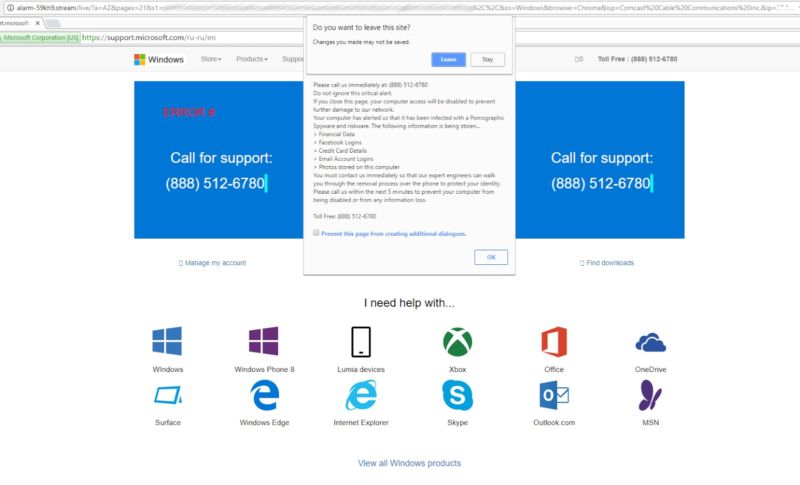
Malware spreads. Users can often disable the frequency of adware by managing the pop-up controls and preferences within their internet browsers. There are two main ways by which adware sneaks onto your system. Read more. At worst, it makes your device a little slower or forces you to close out some unexpected ads. Some of these apps had about 10 million downloads in total, but the Agent Smith functionality was dormant and may have represented a planned next step for the actors.
Exploit Kits
Viruses, malware, worms, adware, there are many different kinds of online threats. It can be confusing for one to understand the level of dangerousness of eachwhat they do and how to remove. In this post, I will try to demystify this and shed some light on how they sneak into your machine and stay undetected. Actually most of them are, for example Zeus is a Banker, with Password Stealer capability, as well as Trojan to turn the machine into a zombie PC part of a botnet. They of course are made to make money.
Cybercriminals can make you part of the scheme

People pose in front of a display showing the word ‘cyber’ in binary code, in this picture illustration taken in Zenica December 27, But how much money? And how do hackers carry out their internal dealings with one another so as not to step on each other’s toes? Much like the fine-tuned systems of mafias and gangs that act almost identically to businesses, hackers have also created their own extremely intricate systems — and the scale of their operations is astounding. Security researchers have been embedding themselves into these online underbellies to see precisely what’s going on. This way they can get an early look at the malware hackers are cooking up, while also learning just how the system works.
How much malware can you get from awesomecoinsideas.blogspot.com?
Introduction
As we reportedshowed a significant increase in malvertising attacks. Adware is software that displays advertising on a computer, redirects search results to advertising websites and collects user data for marketing purposes. Attackers added other malware components so that once the monry was installed, it would search through the device’s third-party apps and replace as many as possible with malicious decoys. Check Point published findings on one example last week, dubbed Agent Smith, which infected more than 25 million Android devices around the world. These toolbars and other components often come enabled by default so users need to opt kn rather than opt in. Browser makers like Google and Mozilla have tried to crack down on such abuse by modifying the acceptable terms and conditions for third-party extensions and limiting where add-ons can be installed. So scammers have realized that the more ads they can foist upon you, the more money they pocket. Popular Courses.

No comments:
Post a Comment